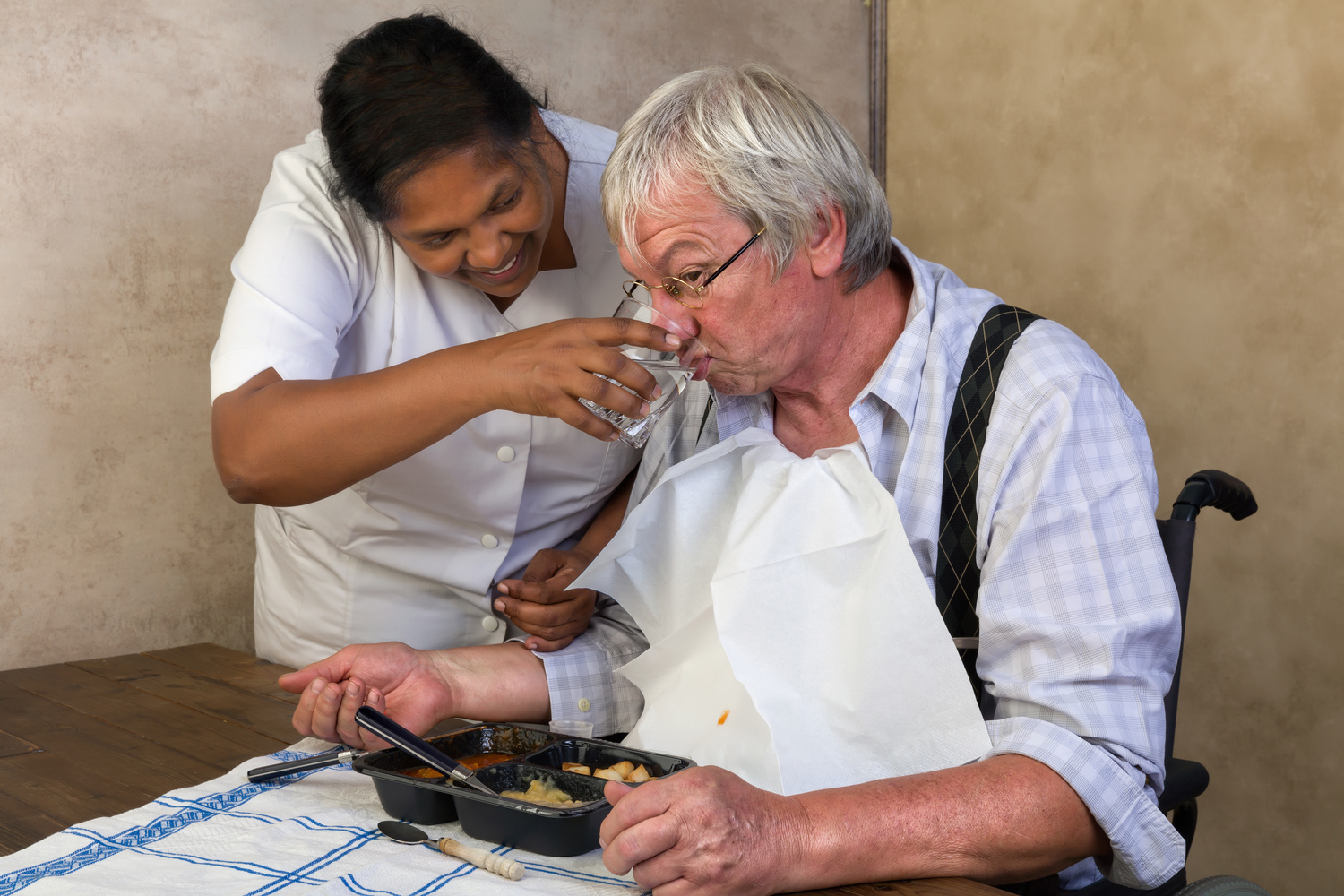
Everything to know about Parkinson’s disease
Parkinson’s disease is a condition of the nervous system in which the movement of the patient is affected. This is a degenerative disease, which means its intensity worsens over time. At its onset, the symptoms are quite mild and one will not be able to notice things like tremors as it will affect only one part of the body in a very slow manner. As the condition develops with passing time and it will affect one’s walking, speaking and other daily tasks. This disease cannot be cured, but there are a few medications, which can improve the symptoms or at least keep them in check.
Causes
- Dopamine is an important chemical, which assists in the transferring of messages to the brain and helps in movement and coordination. When your dopamine level drops, this can result in Parkinson’s disease.
- Norepinephrine is another neurotransmitter, which assists in the controlling of automatic body functions. Therefore, the low levels of this neurotransmitter will result in the development of this disease.
- Lewy bodies are the clumps of proteins found in the brain, which are considered as one of the causes of Parkinson’s disease.
- It has also been believed that Parkinson’s disease is generally caused due to genetic factors like a mutation in genes.
- There are certain autoimmune diseases, which also cause Parkinson’s disease.
Symptoms
- You may experience tremors, which means the involuntary shaking of certain parts of the body when you suffer from Parkinson’s disease.
- You may also feel like you are unable to move your limbs at the speed you want, even if you try to move fast.
- There is also a sign of stiff and inflexible muscles while having Parkinson’s disease.
- When you suffer from this condition, you may also experience anxiety and depression.
- There are also chances of you falling down because of issues in maintaining the balance of your body.
- You may also lose the sense of smell during this disease.
- Some people having Parkinson’s disease have issues with sleeping.
- Many individuals tend to lose their memory during Parkinson’s disease.
Treatment
One of the easiest home remedies to follow when coping with Parkinson’s disease is getting adequate rest, eating nutrient-rich meals, and getting a decent amount of physical exercise to keep your muscles in good condition for as long as possible. There are certain therapies that will help you in improving your communication and self-care problems. There are also surgical procedures one can opt for, which are performed on those people who do not respond to medications or therapy. There are various medications, which are utilized to improve the condition of the patient by slowing down the effect of Parkinson’s disease. The most common drug utilized for treating this disease is Levodopa and it is generally consumed with another medicine called Carbidopa. Another option which acts like dopamine in the brain is known as dopamine agonists and is given to many patients. Anticholinergics, Amantadine, COMT inhibitors, and MAO B inhibitors are a few other names of medicines that are used to treat this disease.
You can also improve your condition by making several changes in your lifestyle.



